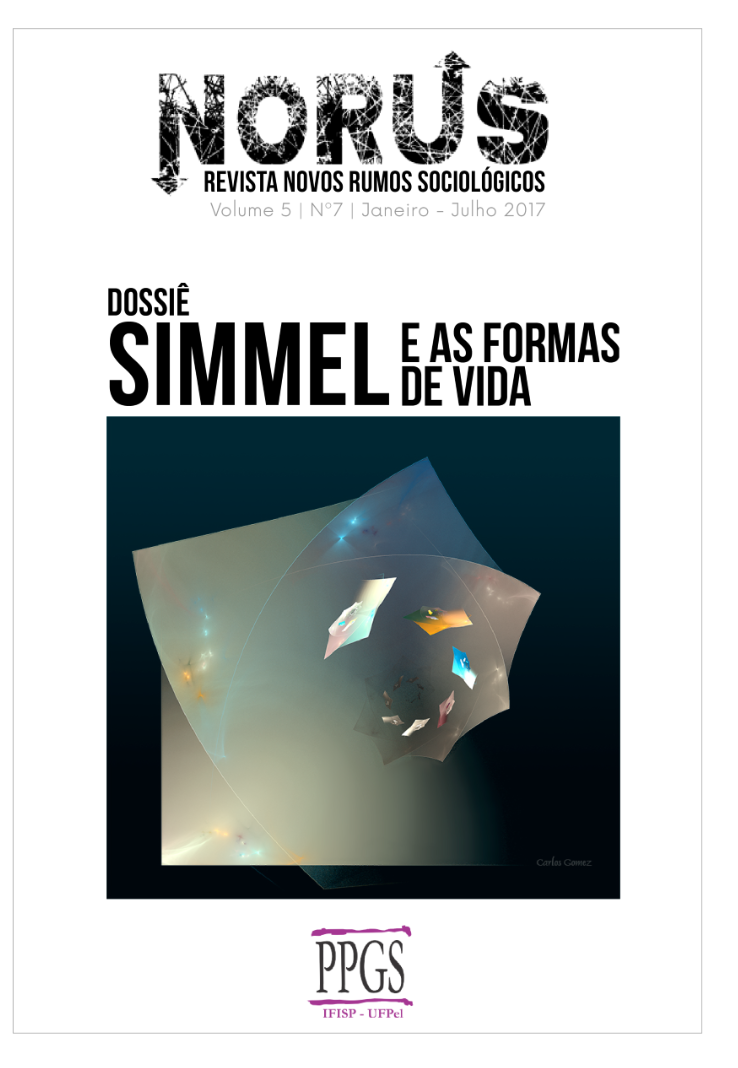THE CONFLICT OF SOCIAL LIFE AND CULTURAL FORMS
SIMMEL’S THEORY OF “QUALITATIVE SOCIETAL DIFFERENTIATION”
Résumé
Simmel’s work has often been interpreted as a succession of disparate phases of development following contradictory epistemological paradigms and intellectual stances, and a similar misunderstanding applies to his theory of societal differentiation. A completely different view emerges of Simmel’s contribution to sociological theory if his process of theory-building is placed at the forefront of analysis along with its specific continuities. The present paper provides a synthetic study of Simmel’s theory of societal differentiation by systematically reconstructing the different stages of its development. It starts with Simmel’s early theory of the parallel differentiation of the social group and the personality of the social actors, thus highlighting that social differentiation can be understood only as a process that takes place both on the level of social action and social structure. The focus then shifts to Simmel’s theory of culture and its relationship to the core of his sociological theory in the so-called a priori of sociation. Finally, the paper shows how Simmel’s late sociological anthropology links the different contributions on social differentiation, cultural sociology and the epistemological premises of sociation in a theory of life forms producing the structuration of “qualitative differentiated societies”.


